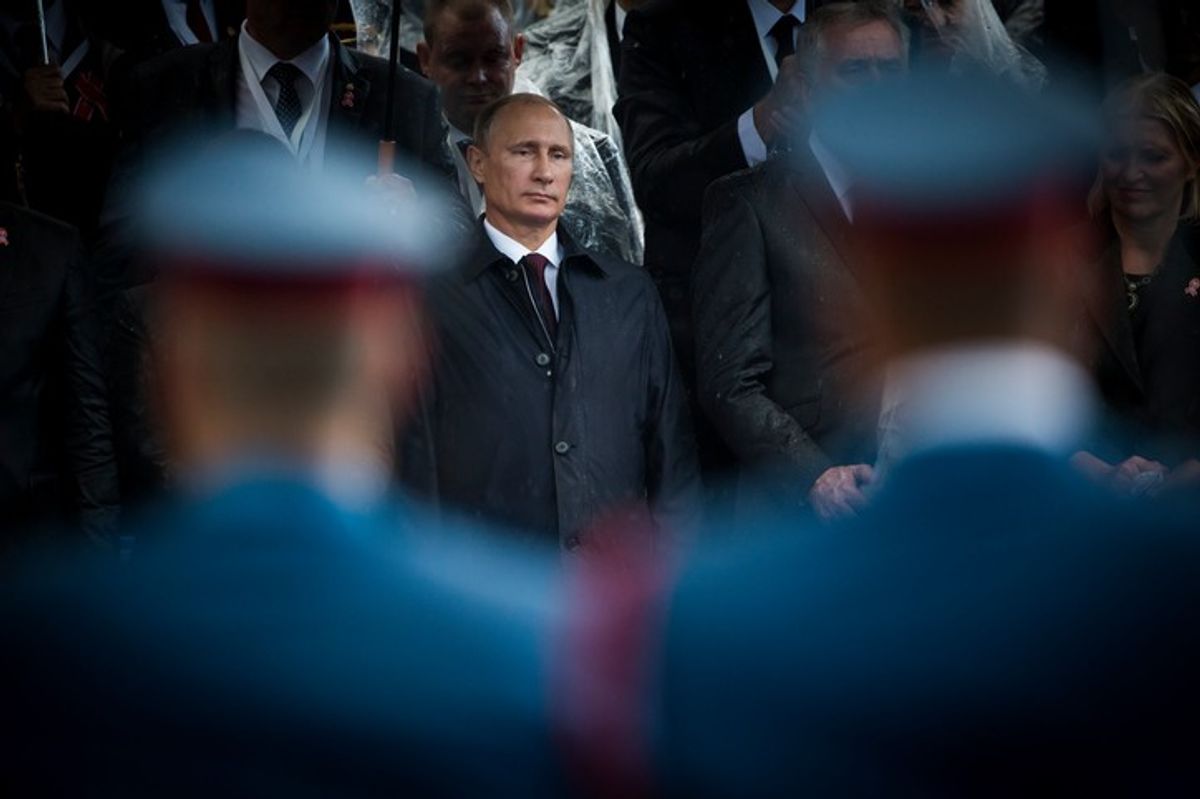Democracy has become the most accepted form of governance over the last three decades across Latin America. However, opinion polls, as we saw in Latinobarómetro’s 2015 publication, find that Latin Americans are the most unsatisfied with democracy in their countries compared with the rest of the world. Public opinion shows a profound distrust of political institutions, and in particular of political parties. In the region, the general perception is that political parties are in decline and highly corrupt. To be sure, there are other challenges to democracy, including generally weak institutions and rule of law, deep economic inequality, and citizen insecurity.
Guatemala is one of the clearest cases where citizens are showing broad dissatisfaction with political elites. Nationwide protests and the work of prosecutors with the International Commission against Impunity in Guatemala (CICIG) forced the resignation of President Otto Pérez Molina a little more than a month ago over a corruption scandal referred to as “La Línea.” Guatemalans are weary of endemic corruption, the legacies of social exclusion, and the history of weak institutions. They began to understand the value of exercising their civic right to protest and to demand change. The La Línea corruption scandal caused many Guatemalans to shift their political support to political “outsider” Jimmy Morales of the Frente de Convergencia Nacional (FCN), who will run against former first lady Sandra Torres, of the Unidad Nacional de la Esperanza (UNE). The second round of Guatemala’s presidential election takes place this coming Sunday, October 25th. Jimmy Morales is widely expected to win the election.
Despite the fact that the two candidates have made ending corruption the hallmark of their respective campaigns, the transparency of campaign funding remains a question yet to be addressed by either candidate. Morales’s party, the FCN, was originally funded by retired army veterans, although Morales’s campaign claims no such affiliation exists anymore. However, according to the Guatemalan investigative journalism website Plaza Pública, 37 percent of campaign donations for Morales have come from five military veterans. As for Torres’s campaign, 43 percent of her financing comes from private companies, some which are under scrutiny for corruption. Critics have charged that that this funding will result in political favors no matter who wins the presidency.
Unlike Guatemala, the outcome of the elections in Argentina is far less certain, but the country is also going through an important transition from 12 years of “kirchnerismo”—the presidencies of Néstor Kirchner and then his widow, Cristina Fernández de Kirchner. Current frontrunner Daniel Scioli has benefitted from Fernández de Kirchner’s blessing, and some polls suggest that he will win in a first round against second- and third-place candidates, Mauricio Macri and Sergio Massa. If no candidate reaches the constitutionally required 45 percent or 40 percent with a 10-point lead to win the first round, the election will go to a run-off, and the general expectation is that there will be more unity from the opposition. This could spell defeat for Scioli.
Cristina Fernández is stepping down amidst a slowing economy that will limit her successor’s options. Argentina, in that regard, is no different from other Latin American countries, which are going through a slump as a result of China’s economic slowdown, falling commodity prices, and an increase in interest rates in the United States. Consequently, the major social gains in the region made during the “super cycle” commodity boom of the 2000s are in jeopardy, and social discontent is likely to rise as a consequence.
Latin America needs urgently to implement reforms that were avoided during the years of prosperity and at the same time find ways to minimize the deterioration of the social gains attained over the last decade. Democracy’s resilience in the region is something to consider and value. Most of the debate these days concerns how to improve the quality of democracy, how to strengthen citizen participation and government institutions, and how to link sustainable economic development with further decreases in poverty and inequality. One path to these ends is through strengthening processes of regional integration, in order to address challenges collectively and speak with a louder voice in the global context.
Verónica Colón-Rosario is the Program Associate for the Latin American Program at the Wilson Center. Prior to joining the Wilson Center, Verónica worked with Telefónica Internacional USA. She received her B.A. in Psychology from the University of Puerto Rico, M.A. in Latin American Studies from the Edmund A. Walsh School of Foreign Service of Georgetown University, and Georgetown University’s Certificate in International Business Management.













